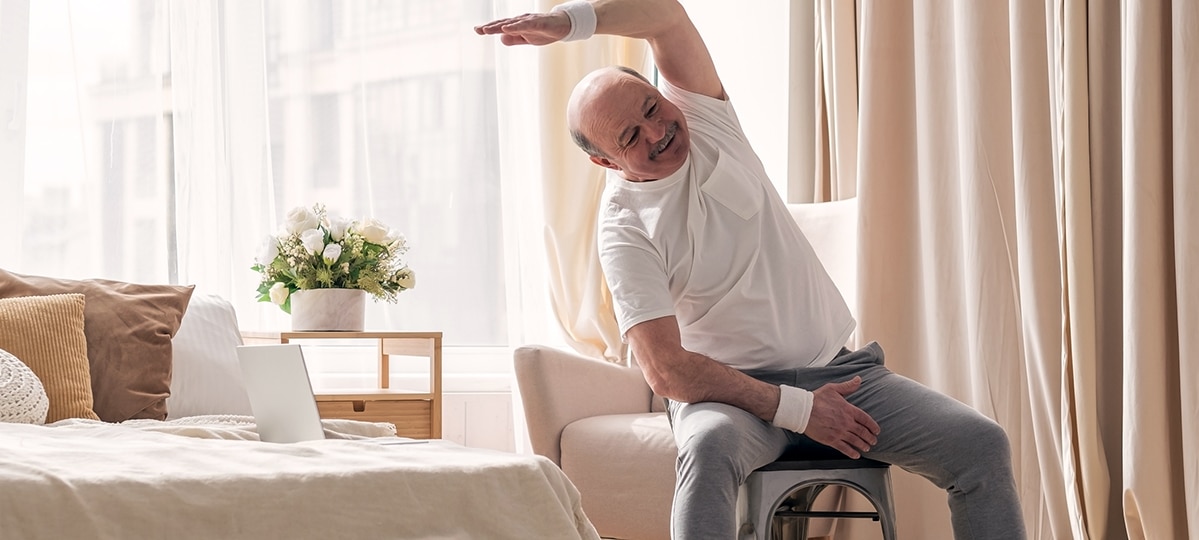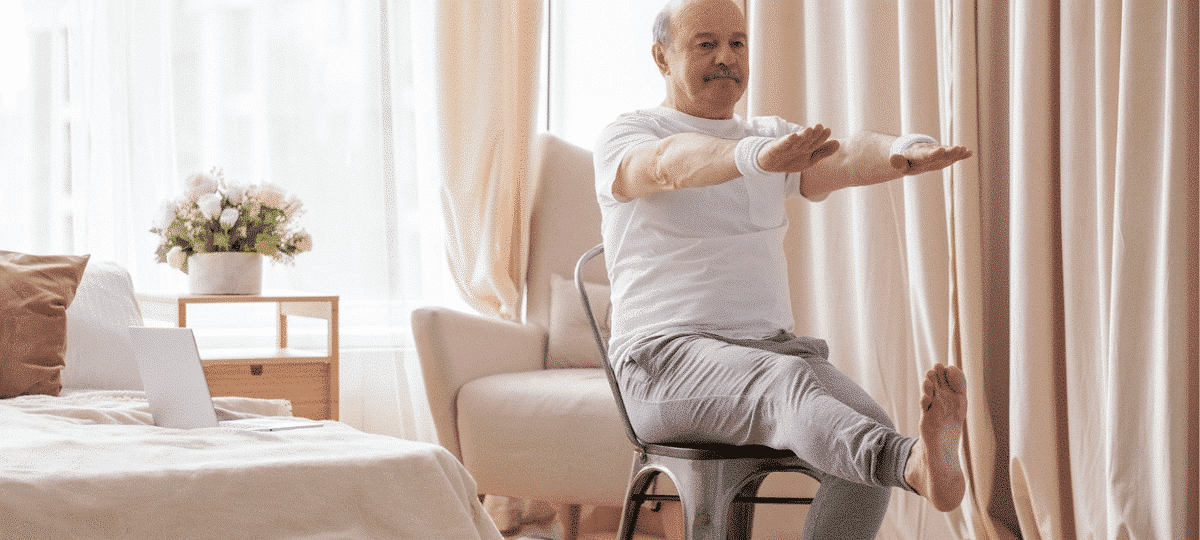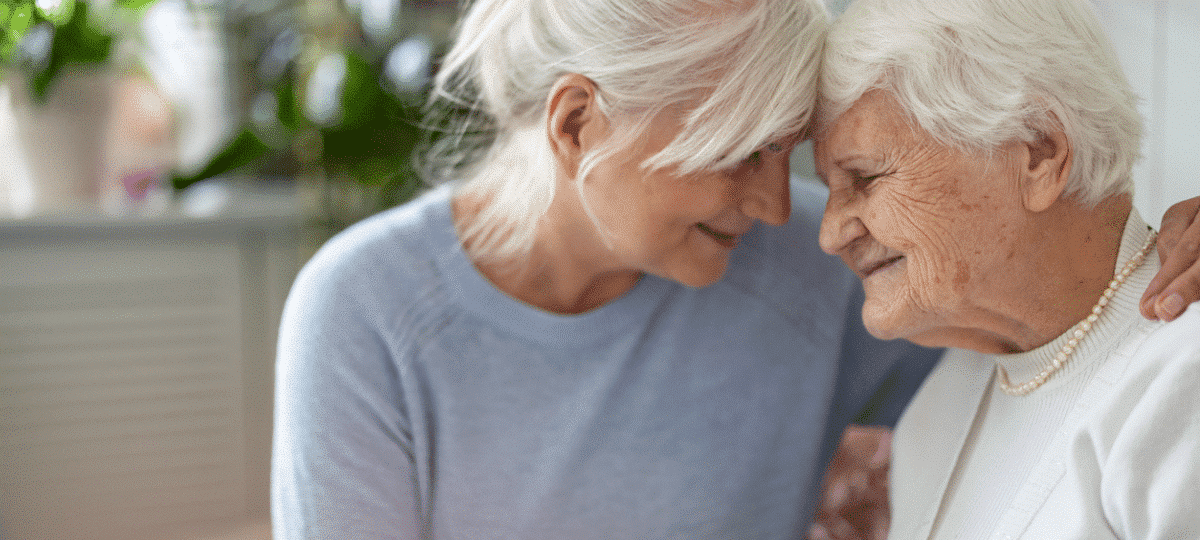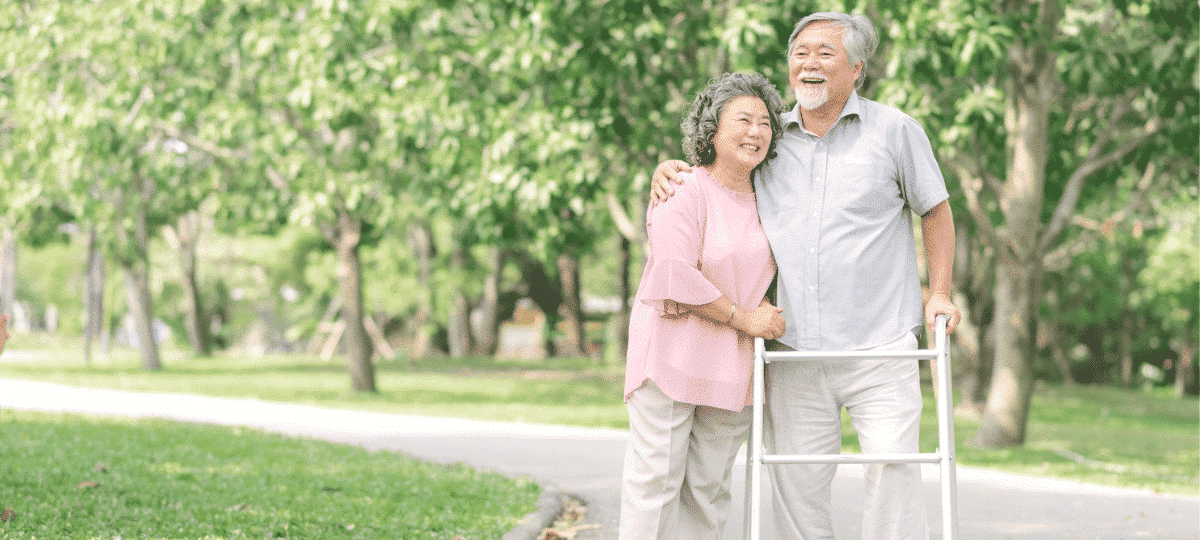If you Google “seniors falling” you will be inundated with suggestions about how to prevent this common mishap. And that’s good, considering falls are a leading cause of fatal and nonfatal injuries for older adults. But there isn’t a lot of information out there to guide you if you’ve already suffered a fall. This is information everyone should know–because what you do in the moments right after a fall occurs can have a significant impact on your physical and emotional recovery.
That’s why we created this round-up of tips to help you safely navigate a fall. Most come straight from the trusted experts at the National Council on Aging. But keep in mind that it’s always best to consult with your medical provider for advice specifically tailored to you.
Take a Minute to Catch Your Breath
Falling can be really, really scary. Even if you don’t suffer a physical injury, the emotional toll a fall can take warrants some TLC. Before you try to stand up, take a moment to process and digest what happened.
Force yourself to take several slow, deep breaths. Relax and let your mind recover from the shock of the incident. You’ll be better off approaching the next few steps with a level head.
Assess the Situation
Your first inclination after experiencing a fall might be to jump right back up, but that can do more harm than good. Getting up too quickly or in the wrong way can cause or exacerbate an injury. Instead, in the moments after a fall, take some time to evaluate the situation. Start by determining if you are hurt and, if so, where.
If you seem to have suffered an injury, you’re going to want to stay put until you can get medical attention. But it’s a good idea to determine if a phone or medical alert device is on hand, which you can use to call for help. While you wait for help to arrive, you’ll want to stay as warm and comfortable as possible, so scan the room for a blanket or pillow within arm’s length. If you fell while outdoors, determine if you can drag yourself into some shade and out of direct sunlight. If you are physically able and have access, you’ll want to make sure you’re drinking fluids while you wait, to prevent dehydration. And, if you can, consider changing your position occasionally, since laying too long in one position can cause circulation issues.
In addition, be sure to scan your immediate area to determine if any broken glass or loose wires are present that could be hazardous to you or to anyone who might come to your aid.
Call for Help
Whether you’re hurt or just a bit shook up after your fall, it’s a good idea to let someone know as quickly as possible. If someone is home, call out loudly or bang on the floor, furniture or a wall to get their attention.
If you are home alone and have a Medical Alert system or Fall Detection pendant, press your help button to be instantly connected to an emergency responder who can determine and send the help you need. If you don’t have Fall Detection on your Medical Alert system, you may want to learn more about this valuable feature.
If you do not have a medical alert device, but a phone is nearby, dial 9-1-1 or call an emergency contact like a neighbor or loved one who lives close by.
Don’t Just Stand Up
Once you are fully aware of surrounding hazards, very slowly and carefully roll over onto your side. Spend a few minutes in this position to give your body and blood pressure time to adjust to the change. After you’ve spent some time in this position, slowly lift yourself up onto your hands and knees, and crawl to a sturdy chair.
Place your hands on the seat portion of the chair and slide one foot forward so that it is flat on the floor. Keep the other leg bent so your knee is on the floor. From this kneeling position, use the chair as leverage to slowly lift your body high enough to turn and sit in the chair
Determine What Caused Your Fall
There is a multitude of reasons we fall–a loss of balance due to medications, a loose electrical cord caught our foot, a patch of black ice–the list goes on. Once you have recovered from your fall, try to pinpoint the cause of your mishap, and determine if it’s fixable.
If it was the middle of the night and you got up to get some water and tripped going down the stairs, consider investing in some nightlights. If you were feeling dizzy after not eating all day, start setting an alarm to remind you about mealtimes. The more you can do to prevent falls, the better
Follow Up with Your Doctor
Even if you didn’t suffer any visible injuries, it’s always a good idea to let your doctor know about your fall so that together you can determine if a follow-up appointment is a good idea.




